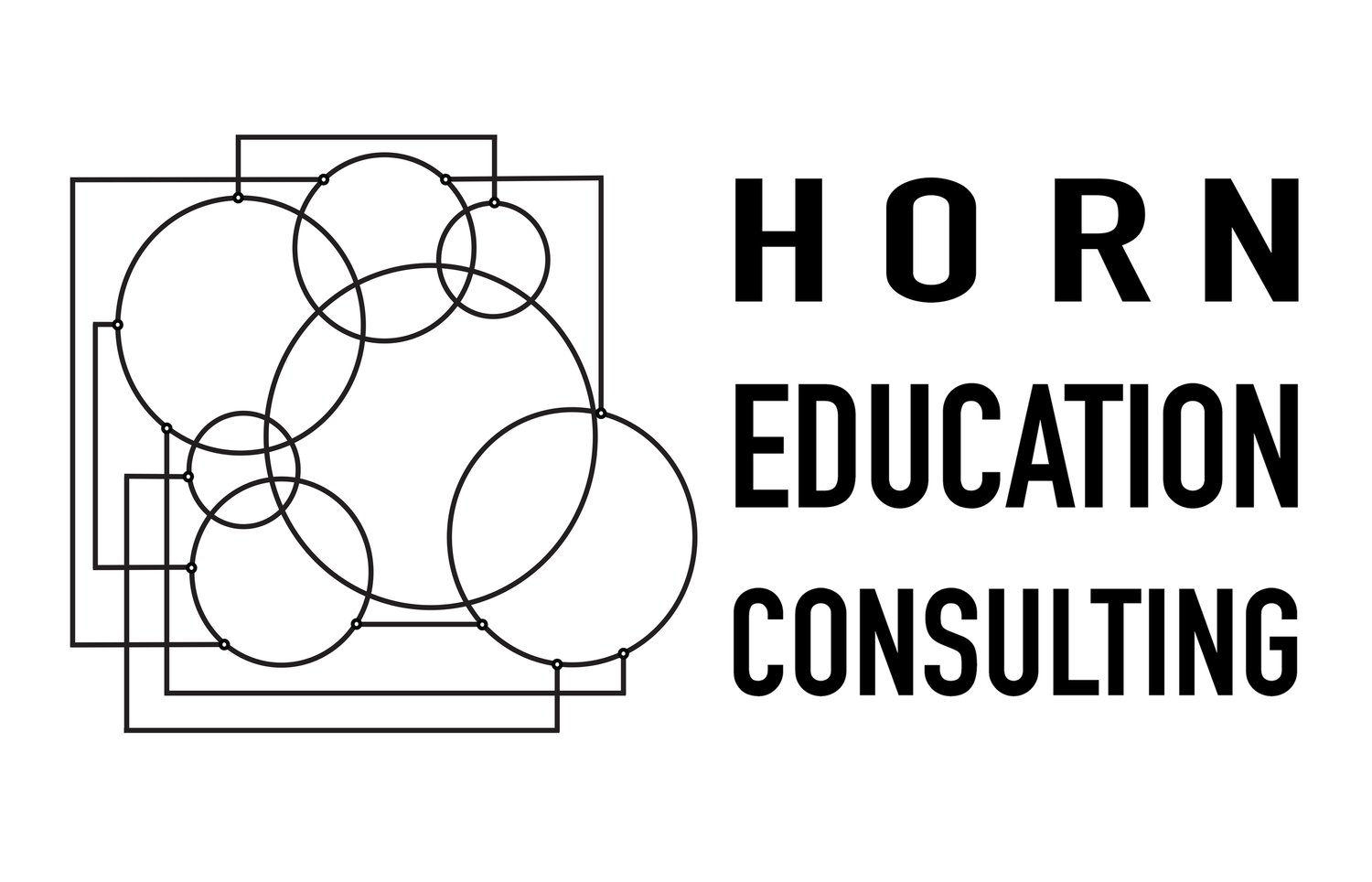
recent publications
Detail from kitchen mural by Roy Chambers
Peter Horn, “Exploring the Teaching of Civil Discourse Skills in Western New York State.” (University of Pennsylvania Graduate School of Education and Netter Center for Community Partnerships, N.D.)
In 2022 I was honored to join the inaugural cohort of a new fellowship in Democratic and Civic Engagement sponsored by the University of Pennsylvania. A collaboration between the Penn Graduate School of Education and the Penn Netter Center for Community Partnerships, the fellowship selected one graduate from each of GSE’s three executive doctoral programs to pursue a research project for the 2022-23 school year. Concerned about the quality of political conversation in our country and the need to prepare students to be able to engage in complex discussions, I explored how educators in two public school districts (Buffalo, and a nearby suburban district) go about this work. The current draft of the forthcoming white paper is available for download.
Anne-Marie Balzano, Jay Rapp, Margaret Anne Rowe, and Amada Torres. “Support Systems: A First Look at the Results of NAIS’s Precipitating Factors of Head of School Turnover Survey and the Insights and Implications for Leadership Sustainability.” Independent School. (NAIS, Spring 2020).
Although I did not co-author the article linked above, I led research design and analysis for the Factors Affecting Head of School Turnover (FAHST) survey and a cycle of follow-up interviews, a collaboration between the National Association of Independent Schools (NAIS) and the University of Pennsylvania (see closing credits of web version, linked below). The anonymous FAHST survey was completed by 821 heads of independent schools, board chairs, and trustees across the U.S. Follow-up interviews were conducted with nearly 80 respondents volunteering to share more about their experience in independent schools. I did, however, develop a fairly badass data display presenting early findings, if you want to check it out.
Jill Harrison Berg, Peter Horn, Jon A. Supovitz, and Jason Margolis. Typology of Teacher Leadership Programs. Research Report #RR 2019-1. (Consortium for Policy Research in Education, 2019).
This study maps the landscape of teacher leadership programs across the U.S., identifying commonalities and distinctions within the range of programs. Using a variety of search approaches to capture publicly available information, we document 285 state, local, university, and foundation-sponsored programs that use a variety of techniques to support teachers as leaders. We then categorize the forms of support, attending to program models, objectives, sponsorship, and audience.
Peter Horn. “Leaders Can Be Anyone: Students and Teachers Sharing Inquiry” in Repositioning Educational Leadership: Practitioners Leading from an Inquiry Stance, edited by James H. Lytle, Susan L. Lytle, Michael C. Johanek, and Kathy J. Rho (Teachers College Press, 2018).
This volume of essays encourages today’s educational leaders to reposition the way we think about leadership and its challenges. My fellow authors are experienced school and district leaders who discuss how we conceptualize our roles, how we learn by posing and solving problems of practice, and how we cope with increasing expectations and complexity in this work. My chapter tells the story of involving students as inquiry partners to explore the best approaches to digital learning for our alternative education program. You won’t frankly learn much more by clicking the button, but this old English teacher is somewhat beholden to parallel structures, and there are threats to sue me if I share a free-standing PDF of my chapter.
Peter Horn. “Cellphone bans offer chance for classroom lesson.” Times Union. Albany, New York, February 16, 2025.
For this op-ed selected for the Times Union’s Sunday edition, I suggested the title “Cellphone ban ignites great conversations at your school” to connect with educators and policymakers in the region of New York State responsible for enacting the imminent ban on cellphones in K-12 public schools. Students will share great suggestions about the most effective (and humane) ways to implement the ban—if educators seize the opportunity to ask them.

